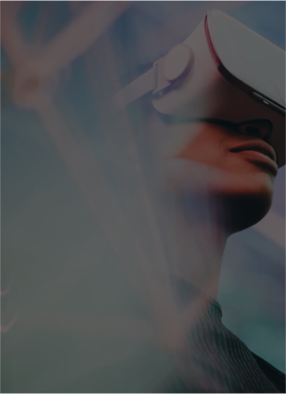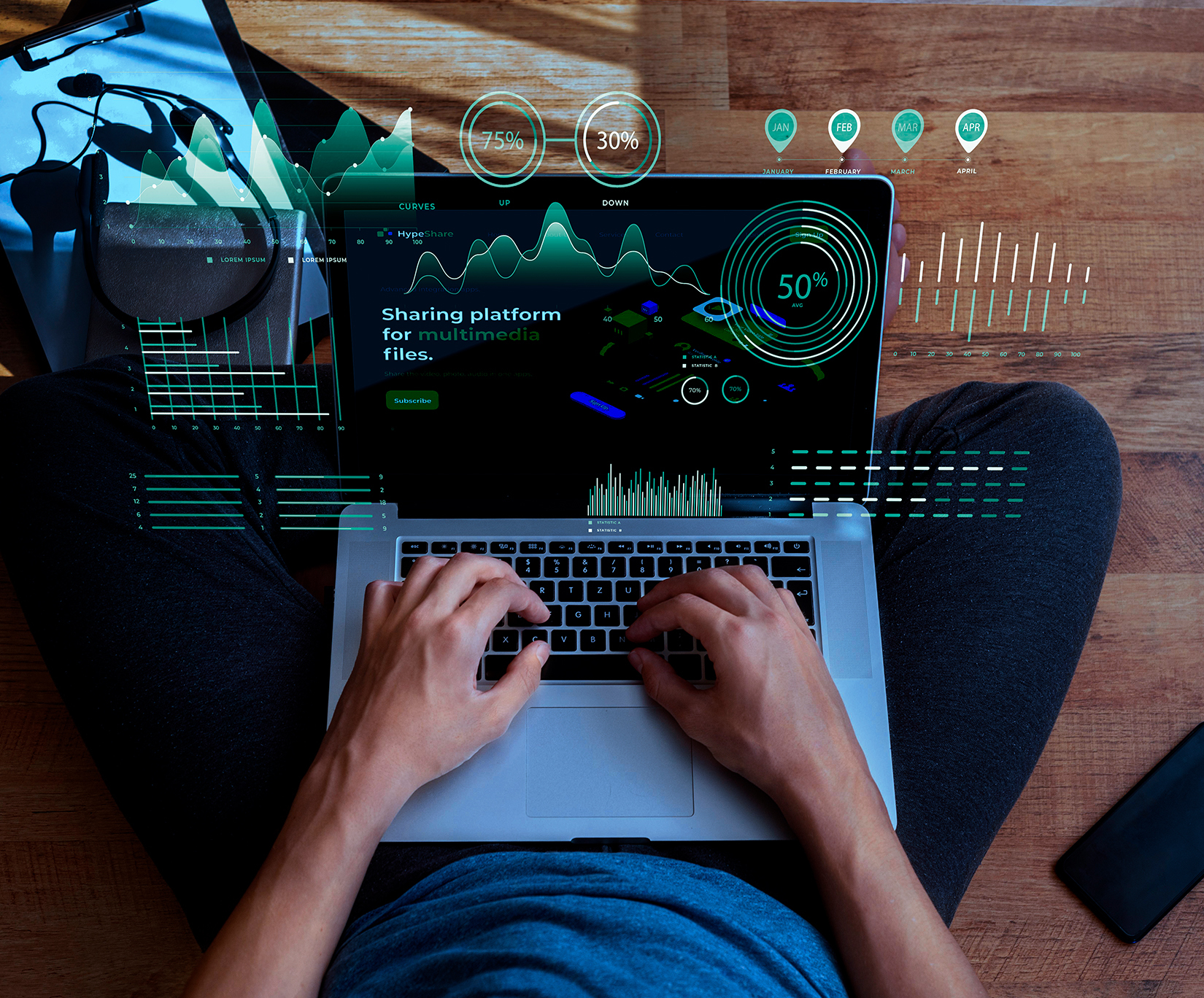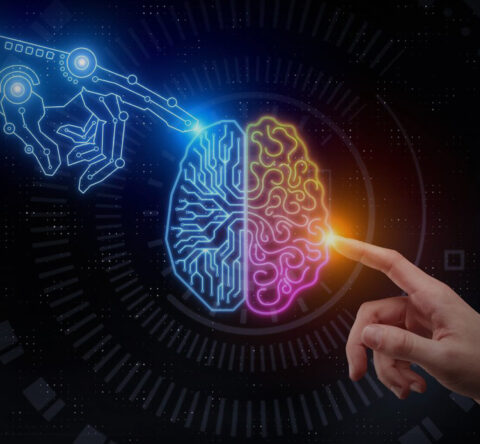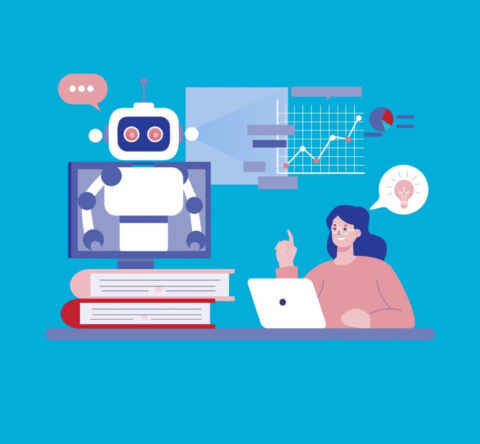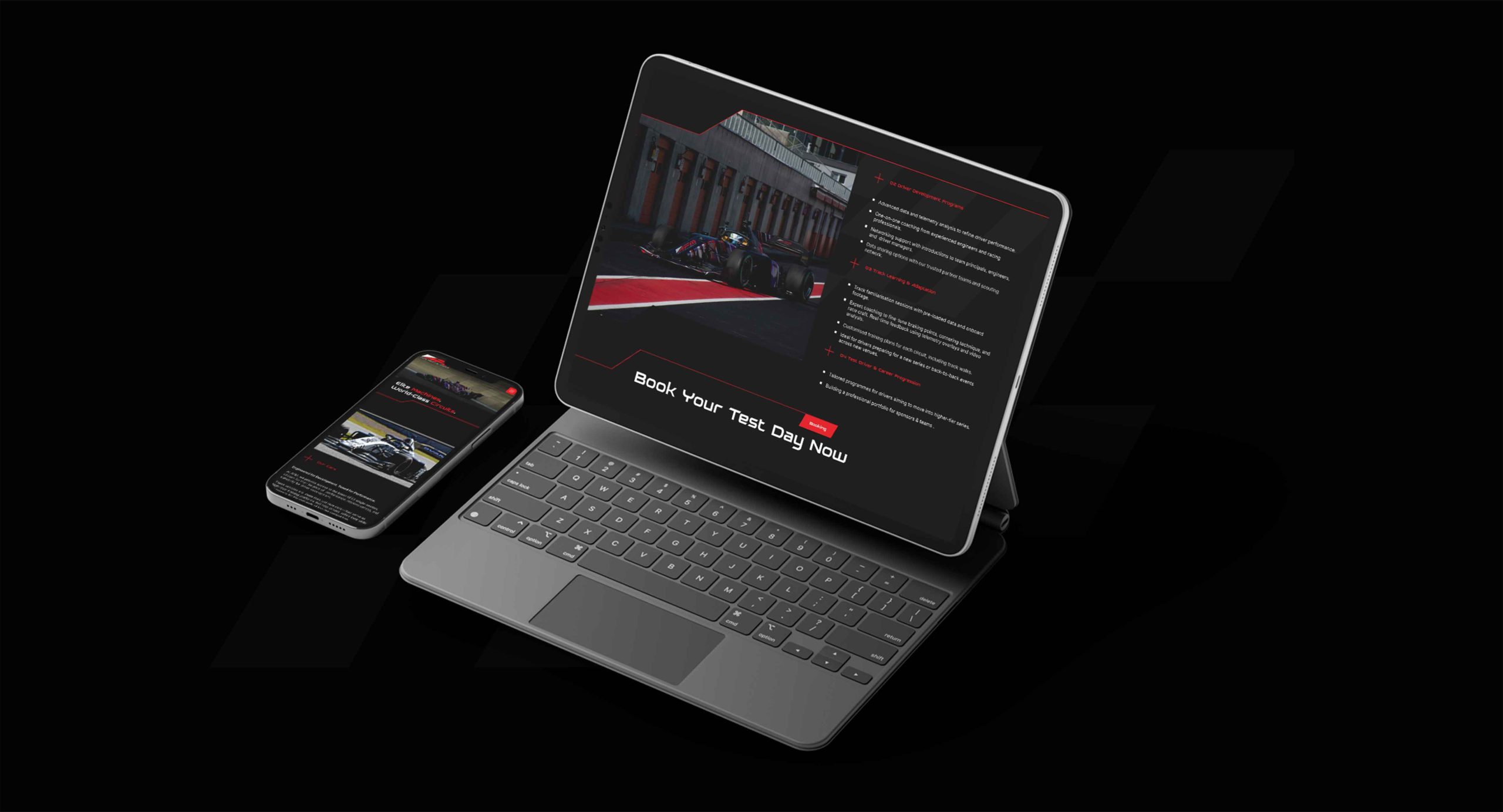The SEO space is fast-changing. With the rise of AI marketing, a lot of professionals wonder whether to continue with the old, traditional human SEO tactics or endorse AI-driven automation. This blog throws light on the manual SEO vs AI SEO debate, giving an equitable comparison of the two approaches, so that in the year 2025, you can pick which road is best for your website or business.
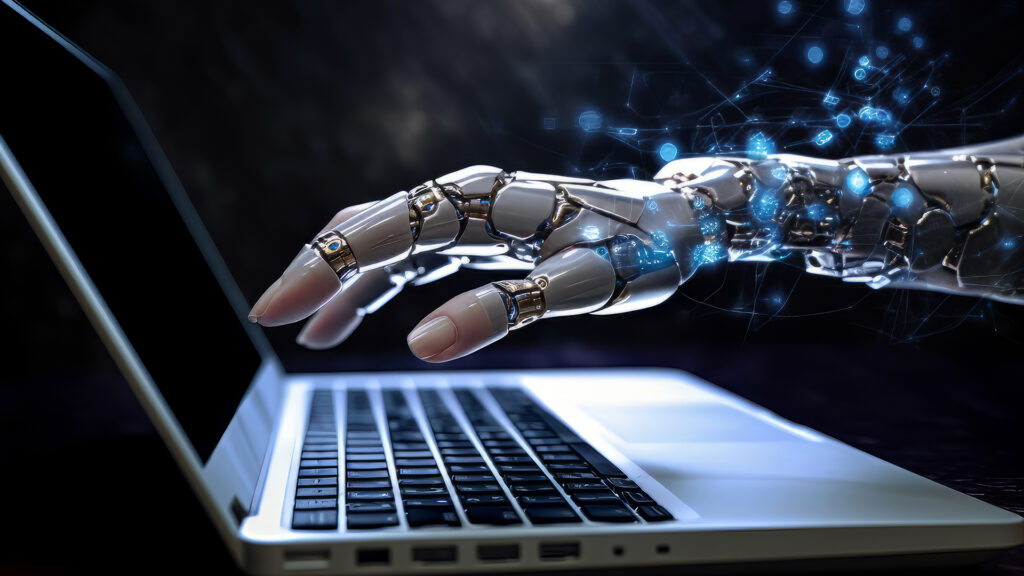
What Is Manual SEO in Today’s Context?
Manual SEO is the process of optimizing a website through hands-on techniques implemented by humans. It involves keyword research, content planning, technical audits, link-building, and user experience enhancements array of optimizations all carried out through human intelligence and decision-making processes.
In a discreetly manual-ish SEO approach, a strategist might:
- Identify intent-based keywords
- Map content around user journeys
- Manually review on-page SEO elements
- Build contextual backlinks
- Ensure technical SEO hygiene is maintained
Manual SEO naturally promises greater depth of control and customization. People can perceive very subtle intents of a searcher, understand brand tone, and lager great heights of emotional impact in content. It’s still something that the AI has not yet figured out. Time very well spent in practice and also in skilled professionals, still at the same time, hard to scale.
Understanding AI SEO and Its Capabilities
AI SEO is basically about using machine learning tools and algorithms for the automation and enhancement of SEO work. AI can take massive datasets and generate keyword recommendations, create content drafts, cluster topics, or even track their performance—all in a jiffy.
Top-notch AI SEO tools, such as Surfer, MarketMuse, and Clearscope, can aid marketers in these activities:
- Finding gaps in content
- Recommending keyword placement
- Providing outlines
- Rewriting pages to keep their freshness
- Algorithmic analysis for ranking opportunity prediction
It is all about human intelligence vs machine intelligence. The speed and efficiency are the arguments in the AI SEO vs traditional SEO debate. AI can do in seconds what may take a human hours. But the AI is definitely not without its drawbacks-it tends to lack subtlety, sometimes misinterpret tone, or just grossly over-optimise content. This is where human intervention is absolutely critical.
Manual SEO vs AI SEO: A Clear Comparison
Let’s break down the core differences between these two methods:
| Element | Manual SEO | AI SEO |
|---|---|---|
| Strategy | Human-led, tailored | Data-driven, pattern-based |
| Tone & Emotion | Authentic, brand-aligned | Neutral, needs editing |
| Speed | Slower | Extremely fast |
| Scalability | Limited by resources | Scales effortlessly |
| Content Personalisation | High | Moderate |
| Technical Implementation | Manual auditing | AI-based suggestions |
AI SEO versus Manual SEO: Comparison of Strengths and Weaknesses. While Manual SEO brings in certain authenticity and creativity, AI SEO, on the other hand, excels at repetition and data-crunching as well as scaling up efforts.
AI SEO vs. Human SEO: Strengths and Shortcomings
The AI SEO vs. Human SEO debate extends beyond tools and more into expected outcomes. When we compare AI vs. human expertise. Human SEO exercises strategic planning, storytelling, and connecting with the emotional side of search. For example, human writers for a healthcare brand can perhaps express an empathetic tone that resonates well with users; this subtlety is often missed by AI.
Conversely, AI can churn out multiple versions of content within minutes, help identify trending search terms before they peak, and provide technical fixes at a massive scale. It works well in high-volume publishing settings such as e-commerce and news sites.
This is to say, in relying solely on machines, content might turn generic, full of keyword stuffing, or could miss opportunities to gain trust.
AI SEO Benefits vs Traditional SEO: What You Should Know
A closer look at AI SEO benefits vs traditional SEO should be afforded:
AI SEO Benefits:
- In cleaning mundane tasks, time is saved.
- Great for large websites that are constantly being updated really fast!
- Finds patterns and keyword opportunities at scale.
- Enables frequent A/B testing.
Benefits of Manual/Traditional SEO:
- Human creativity and contextual insights
- Great practices for brand consistency and storytelling
- Allows for a competitive analysis at great depth
- Provides strategic flexibility to respond to changes within the market
A smart SEO strategy will, in fact, combine elements from both. When comparing AI seo vs traditional seo, AI will be left to handle the heavy lifting; humans will only add the finishing touch.
Where Each Strategy Works Best: Comparison between AI SEO and manual SEO
Manual SEO is best for:
- Small businesses depend on personalisation
- Thought leadership content
- Niche sectors that demand technical know-how
AI SEO is best for:
- E-commerce websites are in need of multiple product descriptions
- Multi-location service companies
- High-volume content-producing publishers
This hybrid strategy complements the industry’s changing shift. Rather than taking a side in the AI seo vs traditional seo, most digital marketers are adopting both.
Hybrid Method: Combine Human SEO & AI SEO Strengths for Better Results
In the real world, the future is integration, not competition. The most successful marketers already leverage AI for automation and a human touch for quality control and creativity.
Here’s how the hybrid approach operates:
- Utilize AI tools to create drafts and outlines of content.
- Employ an SEO expert to polish the content, tone, and accuracy.
- Apply manual link-building, on-page optimization, and UX improvement.
- Regularly monitor performance using AI-powered analytics, making human-informed decisions.
This type of method refutes the AI versus human intelligence argument by taking the strengths of both worlds.
How Will AI Change SEO for the Future?
AI has become more embedded in platforms such as Google Search, and it is revolutionizing how content gets found and ranked. Different search experiences are now shaping SEO strategy.
How will AI change SEO and revolutionize it over the next few years?
Look for more focus on –
- Type of search and topical authority
- Schema markup for machine reading
- Spoken content for AI-driven assistants
- Real-time optimization with predictive algorithms
This isn’t the death of manual SEO; it’s just that marketers have to change and adapt.
The Final Verdict:- Choosing What Works for You
The choice between AI SEO and conventional SEO is based on your purpose, budget, and the type of field. But in most situations, a mix of both provides the best results.
Hence, in the case of comparison between AI SEO and manual SEO, if you require human-driven content with good narrative and brand voice, manual SEO continues to deliver. But if you need scale, consistency, and rapid optimisation, AI SEO offers unmatched support.
Whether you are an in-house team or a search engine optimization company in UAE, the key is knowing when to apply each approach.
To Conclude
In the go-to manual SEO vs AI SEO discussion, it is not one doing the other; it is collaboration. By combining both approaches, the marketers are able to remain very agile and competitive within a constantly evolving environment.
Ultimately, the most intelligent SEO experts will not be asking, “Do I do AI or manual SEO?” They’ll be asking, “How can I achieve the best of both worlds?”
The solution is strategic balance. Let AI do the heavy lifting on data, such as keyword analysis, content clustering, and performance tracking, while humans contribute insight, creativity, and emotional intelligence. Leveraging AI to get ideas faster, then enhance them with a kind of human touch that fits your brand’s tone and audience requirements. It’s not a matter of picking a side; it’s about choreographing both to perform in harmony, releasing results each could never deliver singularly.
Related Post
Publications, Insights & News from GTECH

